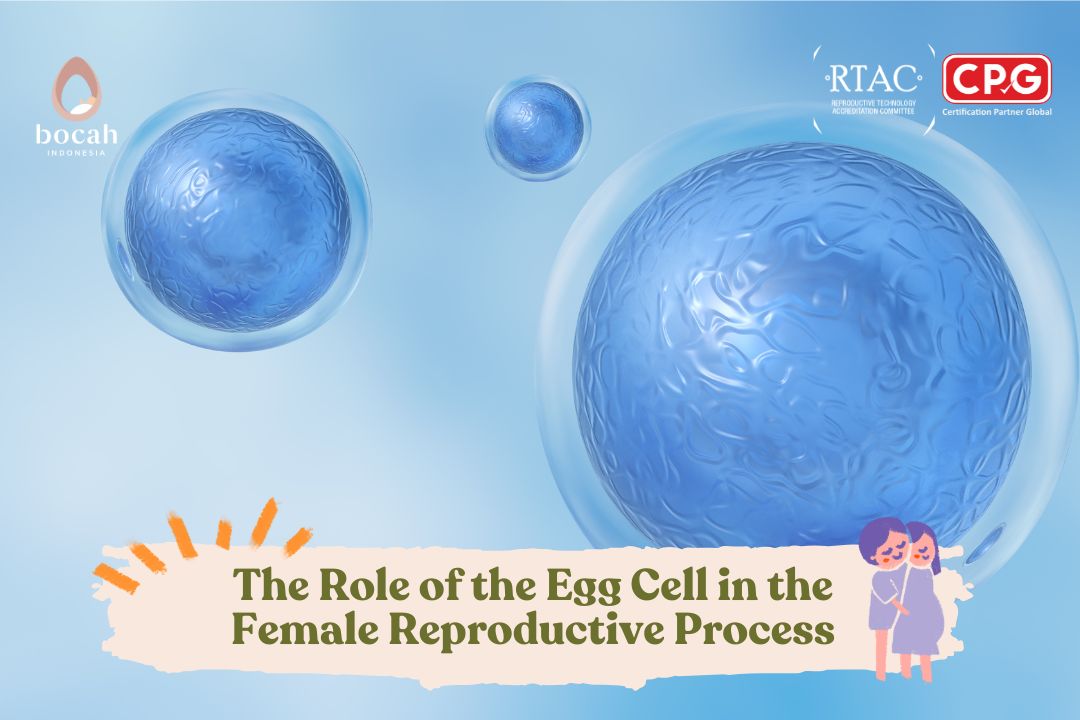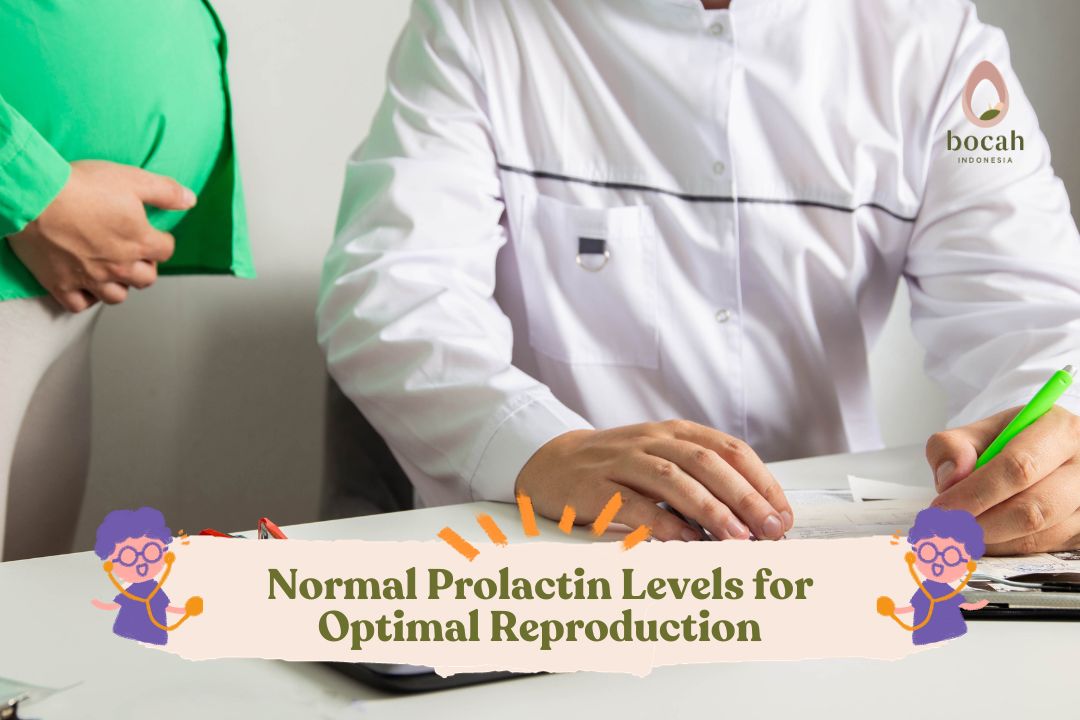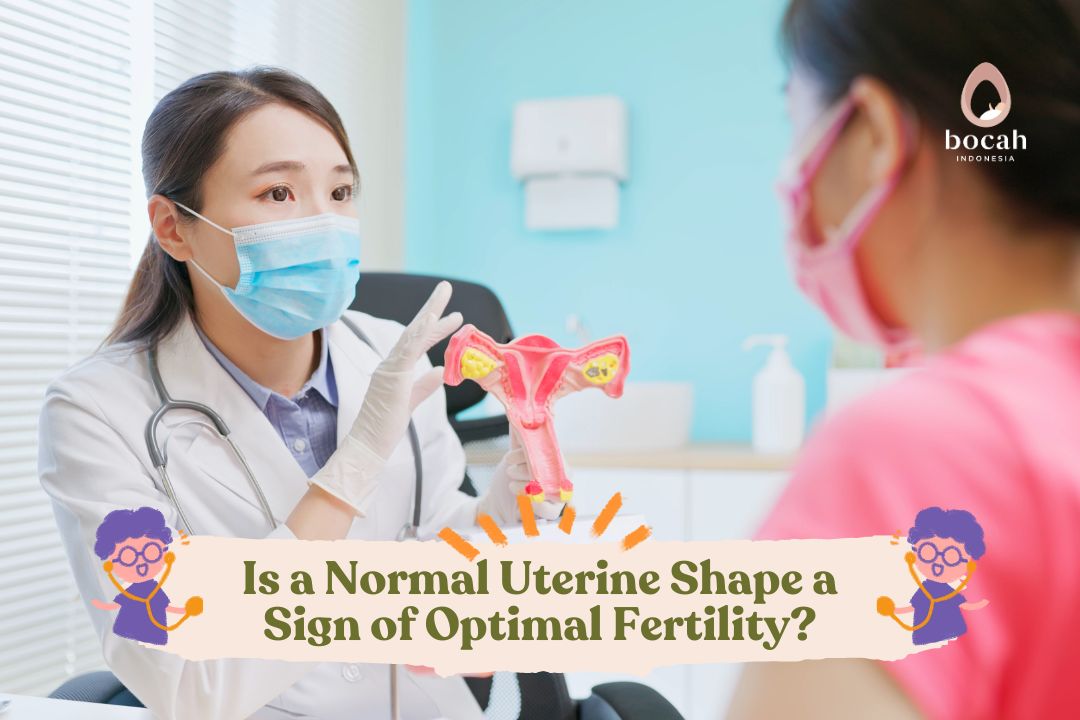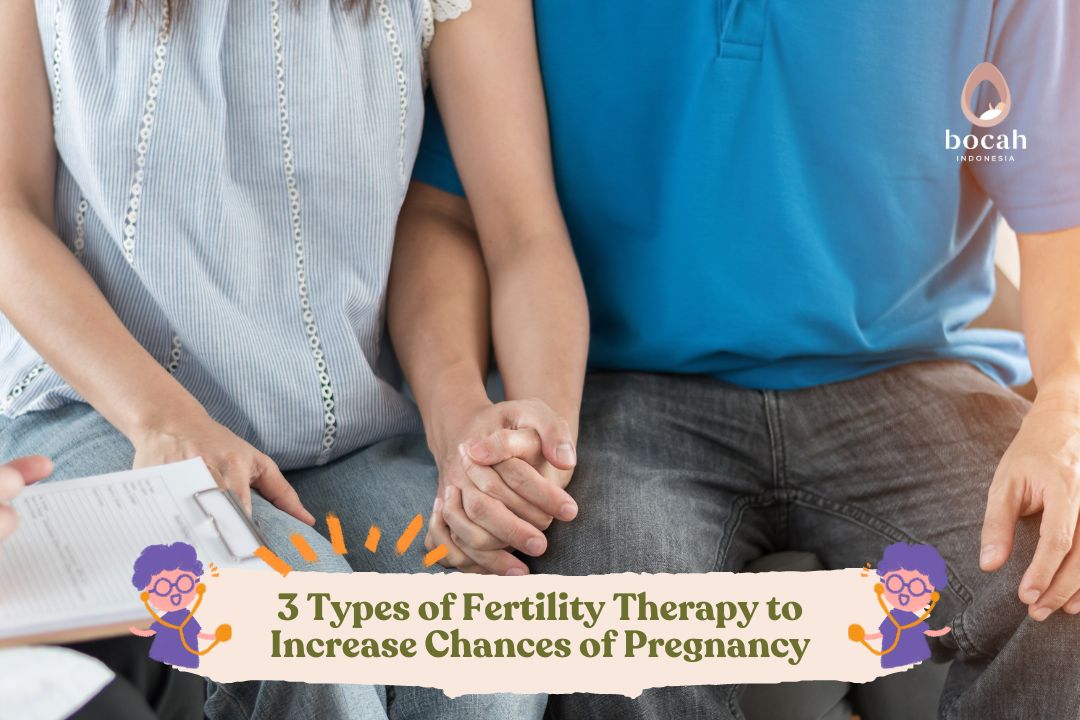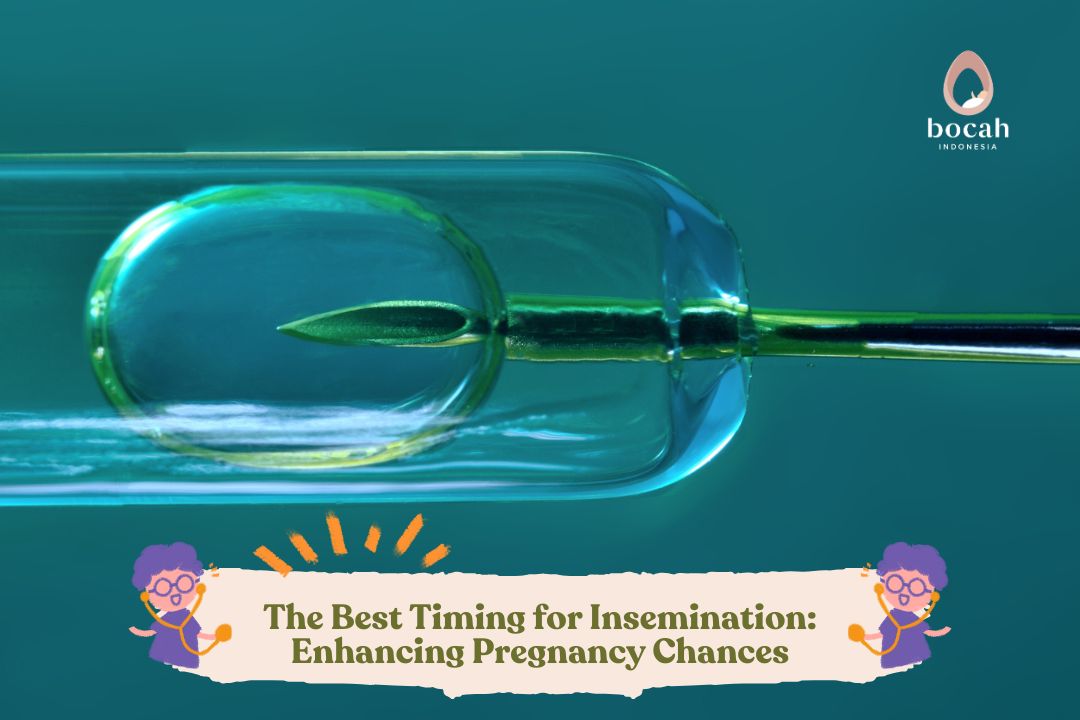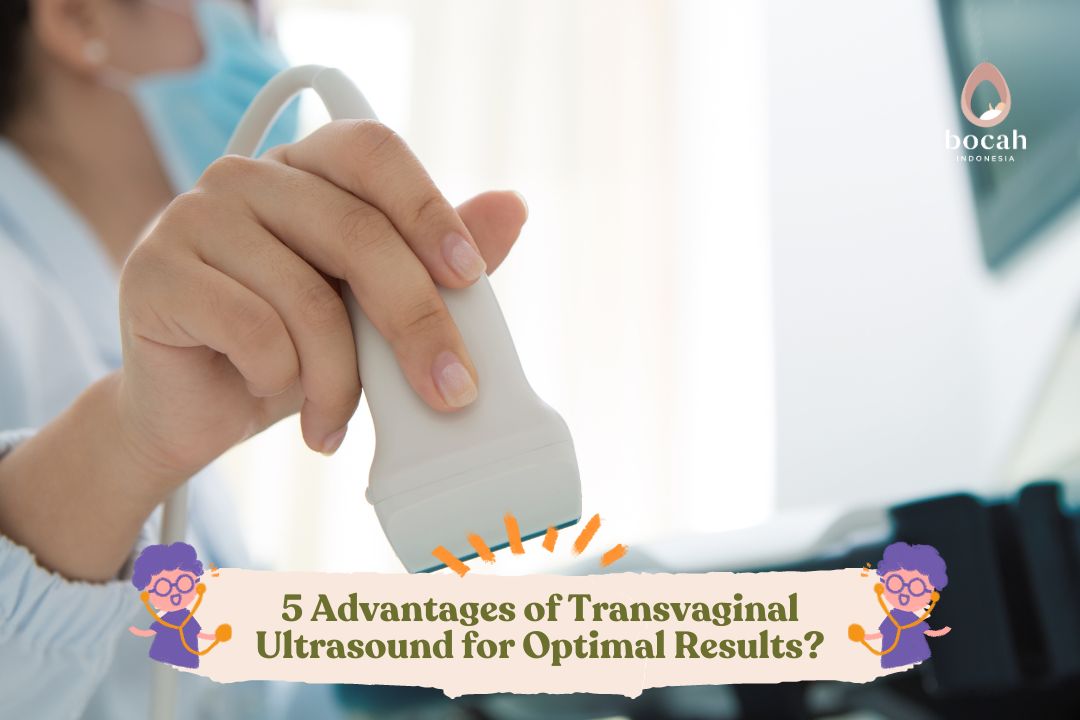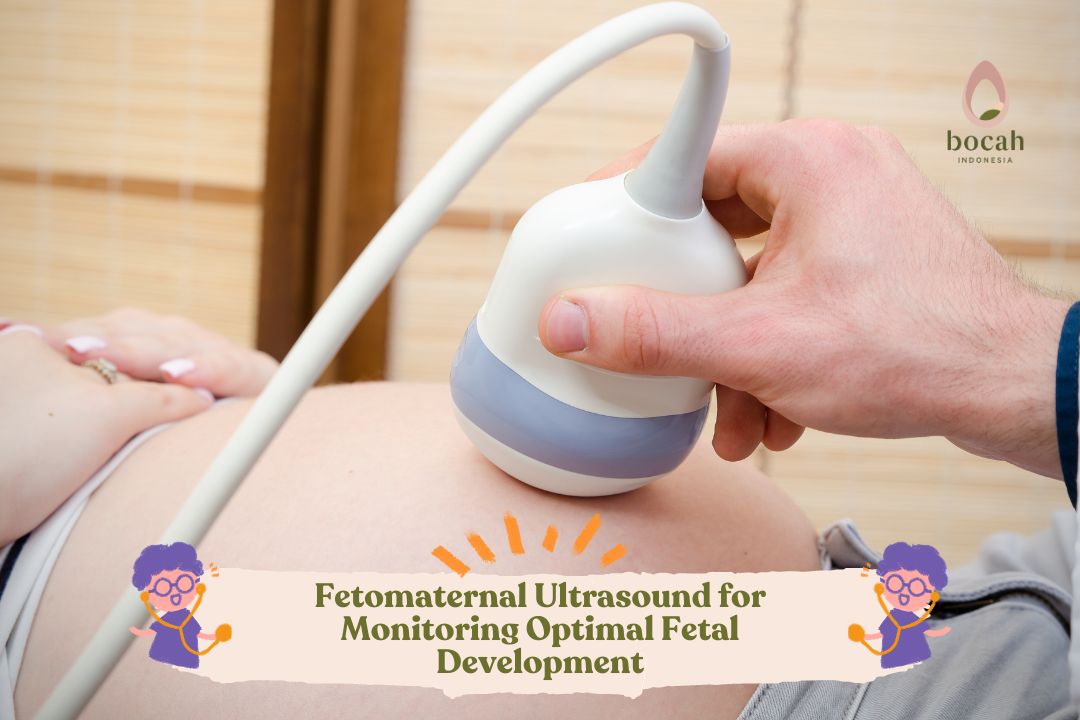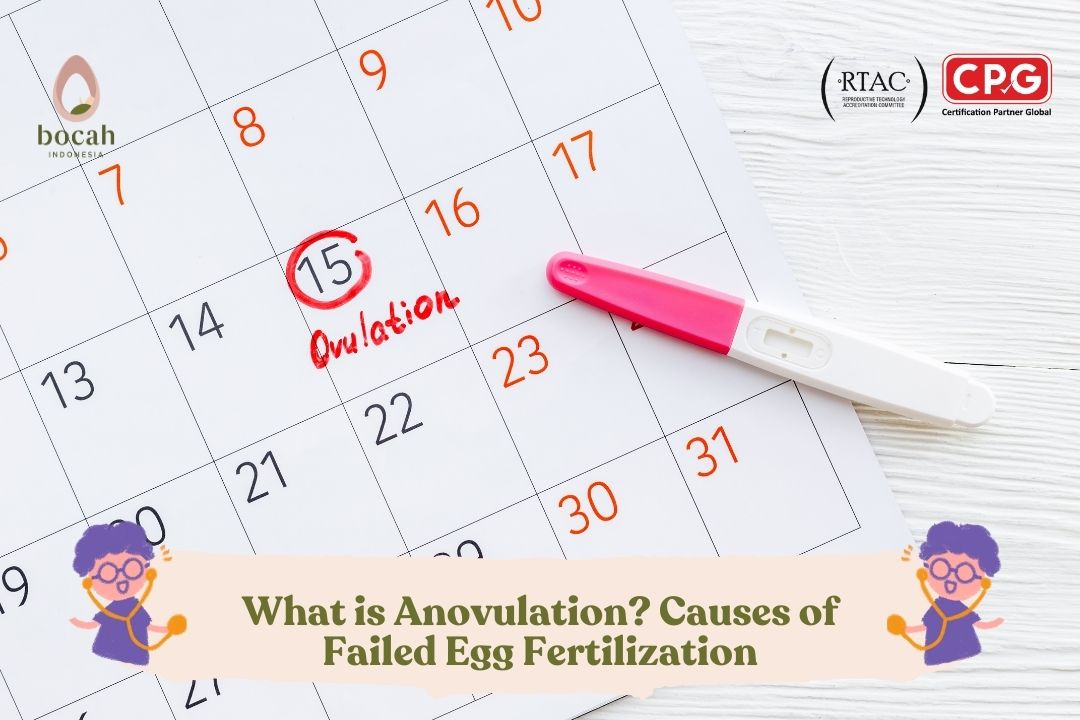Normal Egg Cell Count for Optimal Pregnancy Chances
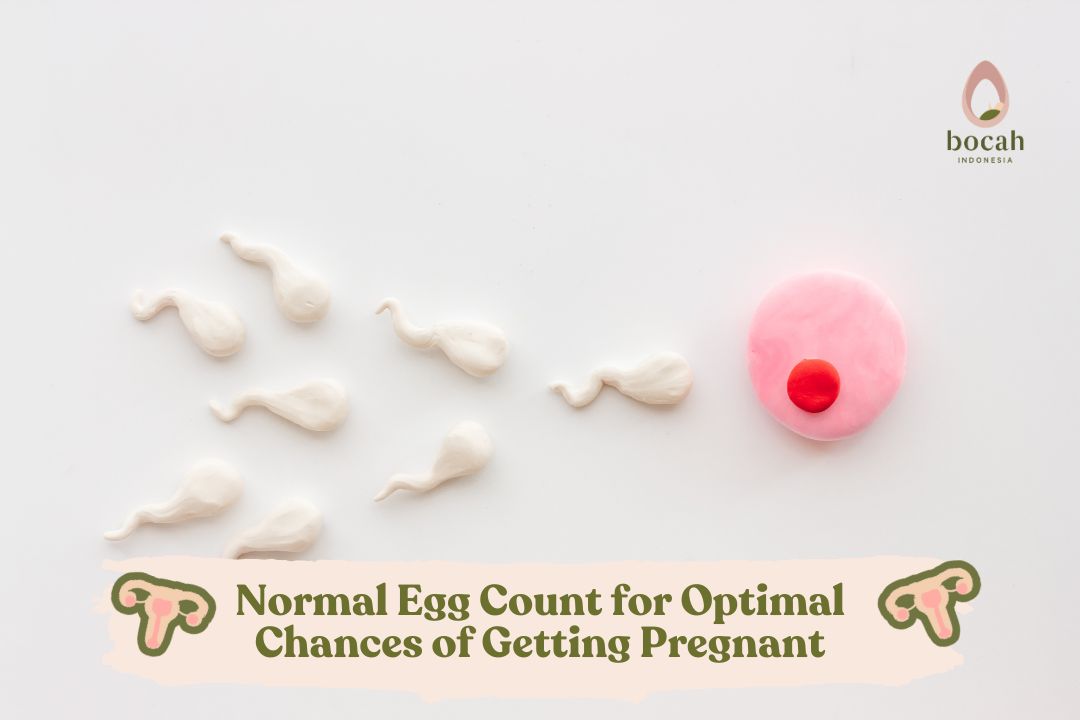
A woman’s egg cells are only produced while she is still in the womb. Their number continuously decreases with age.
Did you know, mothers, that the number of egg cells decreases every month? Unlike sperm which is constantly produced every 3 months, a woman’s egg cells are produced only once while in the womb. When a baby girl is born, her egg cells cannot be produced or increased further, totaling 1-2 million egg cells.
According to Dr. Ferry Darmawan, Sp.OG, an obstetrics and gynecology specialist at Bocah Indonesia, the natural decrease in egg cell count is a condition that occurs in every woman until menopause.
“Naturally, as a woman ages, her egg cell reserve will diminish. This naturally happens because the egg cell reserve is in a woman’s ovaries, and every month an egg cell is released one by one, until they are eventually depleted at menopause,” says Dr. Ferry.
What is the Normal Egg Cell Count?
In principle, there is no exact number of egg cells in women. Each woman is born with a different number of egg cells. As mentioned earlier, each woman is born with 1-2 million egg cells, and this number continuously decreases. Upon reaching puberty, only about 300,000 egg cells remain.
Mulai Journey of Hope
During the menstrual cycle, both ovaries mature about 15-20 egg cells for ovulation, and only 1-2 egg cells are released for fertilization by sperm. If an egg cell meets sperm, fertilization occurs. Otherwise, the egg cell along with the uterine wall lining will shed and exit as menstrual blood.
The number of egg cells also decreases if the lifestyle is unhealthy, such as poor eating habits, smoking, and staying up late.
Certain activities can also decrease the number of egg cells, such as chemotherapy, radiation exposure, and certain medications.
After menstruation, the process of maturing egg cells in the ovaries for the next fertilization occurs. When an egg cell matures, it will be released again by the ovaries during ovulation.
How to Improve Egg Cell Quality
Since a woman’s egg cell count is fixed from birth, it is unlikely to increase. However, the quality of egg cells plays an important role in the fertilization process. Therefore, it’s important for mothers to improve their egg cells to increase the chances of pregnancy. Here are some ways to improve egg cell quality.
1. Eat healthy foods
Eating healthy is one way to improve the quality of egg cells. Studies show that foods containing nutrients like fish, vegetables, and grains can help improve fertility.
Additionally, mothers should avoid processed foods, saturated fats, and alcohol for optimal egg cell quality.
2. Avoid trans fats
One type of food to avoid for improving egg cell quality is trans fats. This type of food can impact or pose a risk of ovulation disorders.
According to a study published in the British Fertility Society Journal, consuming trans fats can increase the risk of ovulation disorders by 31%.
3. Maintain ideal body weight
Excessive weight can affect the quality of egg cells. Moreover, it can increase several risks, such as diabetes, hypertension, and pregnancy complications.
4. Manage stress
Excessive, unmanaged stress can increase the negative impact on cortisol and prolactin, which can inhibit or stop ovulation. These hormones can hinder egg cell production.
Now, mothers know that the number of egg cells in women is not fixed as each woman is different. If you want to get pregnant quickly, good egg cell quality plays an important role in supporting successful fertility treatment. So, go check your fertility condition with a doctor!
Source:
- Moghadam, A.R.E., et al. (2022). Oocyte quality and aging. JBRA Assist Reprod. 2022 Jan-Mar; 26(1): 105–122.
- American College of Obstetricians and Gynecologists Committee on Gynecologic Practice and Practice Committee. Female age-related fertility decline. Committee Opinion No. 589. Fertil Steril. 2014;101(3):633-634.
- Cekici, H., et al. (2019). The association between trans fatty acids, infertility and fetal life: a review. Hum Fertil (Camb). 2019 Sep;22(3):154-163.
- Gaskins, A.J., et al. (2015). Dietary Folate and Reproductive Success Among Women Undergoing Assisted Reproduction. Obstet Gynecol. 2014 Oct; 124(4): 801–809.


